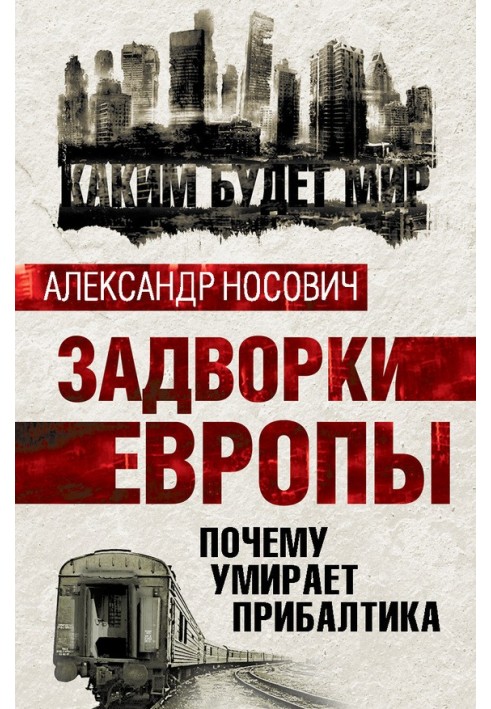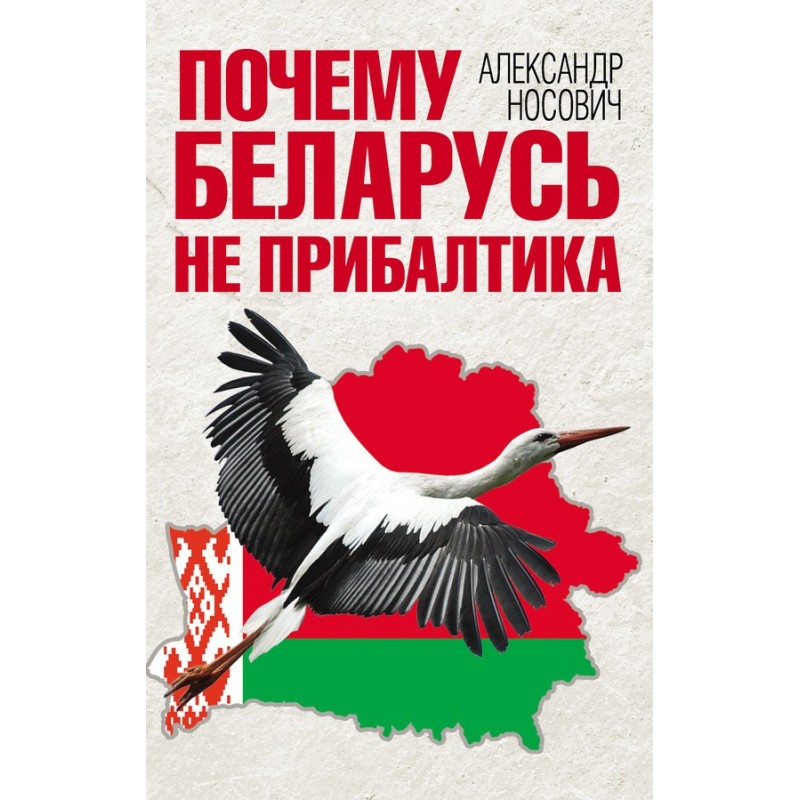The backyards of Europe. Why the Baltics are dying
 Instant download
Instant download
after payment (24/7)
 Wide range of formats
Wide range of formats
(for all gadgets)
 Full book
Full book
(including for Apple and Android)
“Once there was the Baltic States, it became Pro#altica,” is how residents of independent Lithuania, Latvia and Estonia describe the state of affairs in their countries a quarter of a century after the collapse of the USSR. The region that was considered the most advanced and successful in the Soviet Union has now become a double periphery. Russia no longer cares about the Baltic states - it is not a bridge that could connect the space between Vladivostok and Lisbon, but a geopolitical buffer. In turn, “big” Europe is not happy with “poor relatives” - the Baltic countries are treated as a remote, sparsely populated outskirts on the eastern border of the European Union with severely neglected internal problems and phobias. The Baltic states are the backwaters of Europe, an economic wasteland and the deep periphery of European history and politics. And this is what it became after decades of enhanced Euro-Atlantic integration. Once upon a time, residents of the Lithuanian, Latvian and Estonian SSR were promised that when they “returned” to Europe they would live like Finns or Swedes. Everything turned out wrong: the modern Baltic region is the fastest emptying region in the world. Every fifth resident emigrated from there, and the vast majority of young people dream of leaving. The salary level compared to similar indicators in Scandinavia is almost 5 times lower. At the current rate of economic degradation (and the largest enterprises, such as the Ignalina Nuclear Power Plant in Lithuania, were closed under the pretext of “fighting the damned legacy of the Soviet occupation”) and population decline (including the political squeezing out of the “descendants of the occupiers”) in a few decades the Baltic countries will turn into depopulated territories. There is no point in living there, and many people are no longer connecting their future with these countries. Lithuania, Latvia and Estonia, once considered the “Baltic Tigers”, are increasingly turning into “Baltic Ghosts”. The most popular Baltic joke: “The last one to fly, don’t forget to turn off the lights at the airport.”
Data sheet
- Name of the Author
- Александр Носович Александрович
- Language
- Ukrainian
- Release date
- 2015
Reviews
Глибоке дослідження занепаду Прибалтики
Книга "Задвірки Європи. Чому вмирає Прибалтика" є потужним аналітичним твором, який змушує читача задуматися про складну реальність, з якою стикаються країни Балтії. Автор майстерно описує, як регіон, який колись вважався успішним і прогресивним, перетворився на економічну пустку та політичну периферію. Читач дізнається про причини, які призвели до такого занепаду, включаючи еміграцію, закриття підприємств та недостатню підтримку з боку Європи. Книга наповнена статистичними даними та яскравими прикладами, що робить її не лише інформативною, а й надзвичайно актуальною. Вона спонукає до роздумів про майбутнє Прибалтики та її мешканців, які, на жаль, все частіше відчувають себе "глухими родичами" Європи. Це обов'язкове читання для всіх, хто цікавиться політикою, економікою та соціальними змінами в Східній Європі. Книга викликає емоції, змушує співпереживати та розуміти, чому важливо звертати увагу на проблеми, які можуть залишитися непоміченими















